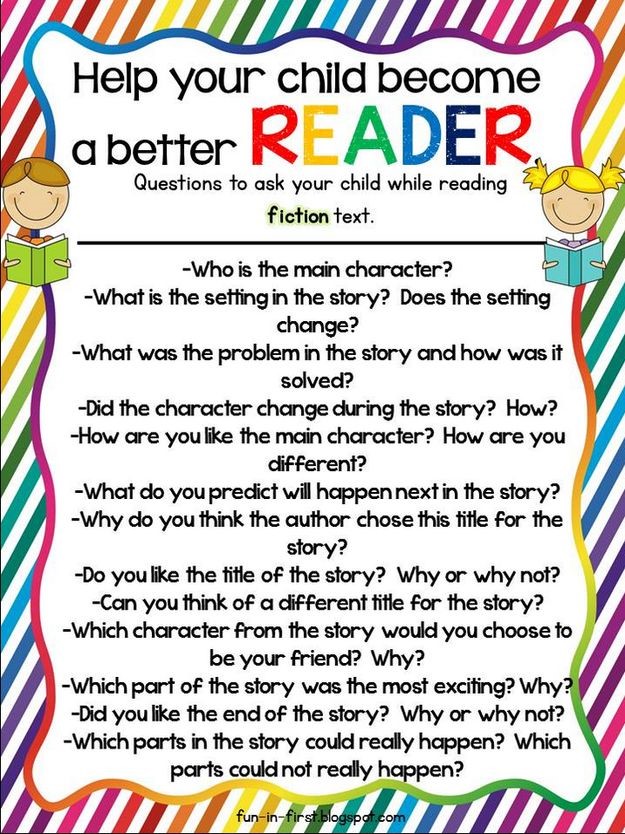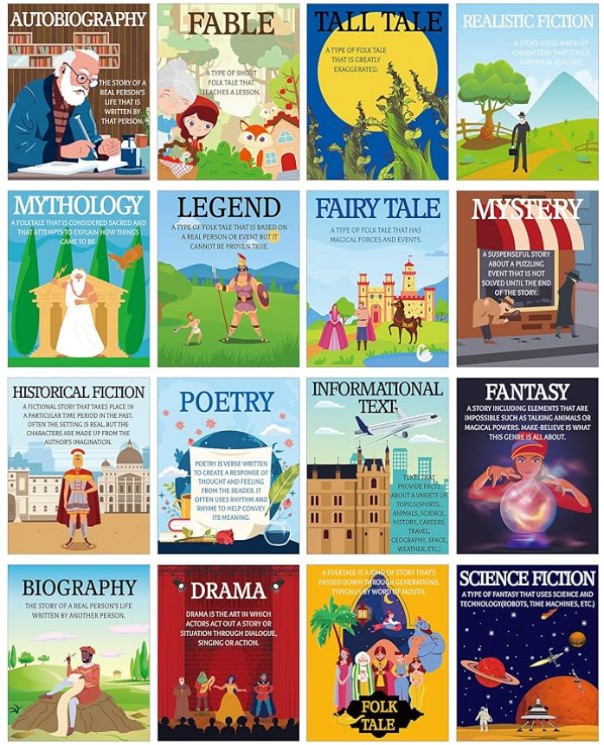Reading (KS2)
Pupils will have two reading books, a reading scheme book and a library book. To ensure progress, pupils must read their reading scheme book for a minimum of 20 minutes every day. Even when your child is a free reader, we still expect them to read every day.
As parents, your role in fostering a love for reading is invaluable. While you may sometimes feel constrained by time or lack confidence in your own reading ability, there are several effective ways to encourage your child’s literacy development.
Firstly, remember not to stop reading with your child simply because they can decode words. Engaging with texts can be enjoyable—ask questions, laugh, and even shed a tear together, as this shared experience can greatly enhance their motivation. Model your own reading habits; let them see you engrossed in books, and discuss what you are reading to inspire curiosity.
It is crucial to protect dedicated reading time. Set aside ten uninterrupted minutes, free from distractions like phones, to immerse yourselves in a book. Surround your home with accessible reading materials, and consider joining your local library to explore new books together.
Encourage your child to read a mix of challenging texts and comfort reads, fostering both comprehension skills and a love for literature. Make it a habit to discuss new vocabulary, praising their efforts to use new words. Should they face difficulties, initiate reading together, visit libraries both in and out of school or explore audiobooks.
Asking Questions

Encourage your child to read a variety of genres

Ultimately, your active involvement can make a significant difference in your child’s reading journey. Remember we are all in this journey together and should you need help along the way please speak to your child’s teacher for further support.
 But most importantly - never forget that children, even older ones, love to share books with adults. There is nothing better than snuggling up on the sofa with a good book and one of your favourite people.
But most importantly - never forget that children, even older ones, love to share books with adults. There is nothing better than snuggling up on the sofa with a good book and one of your favourite people.




